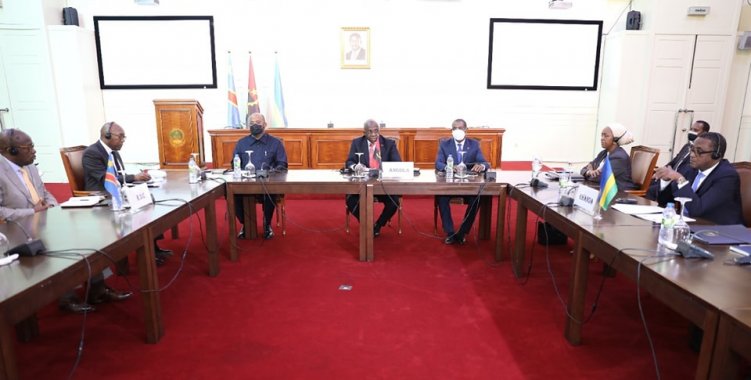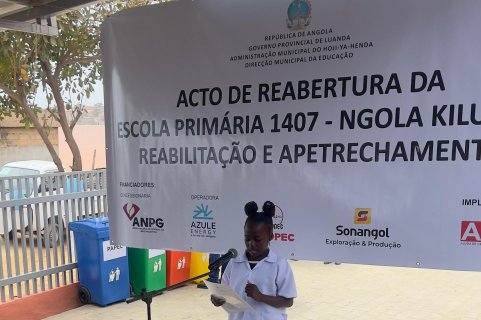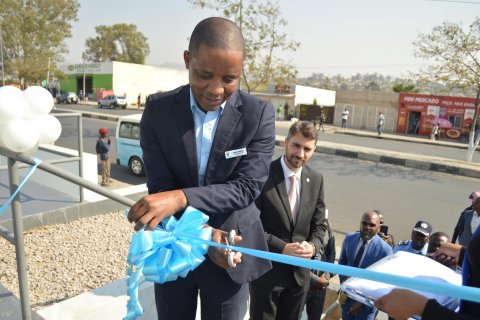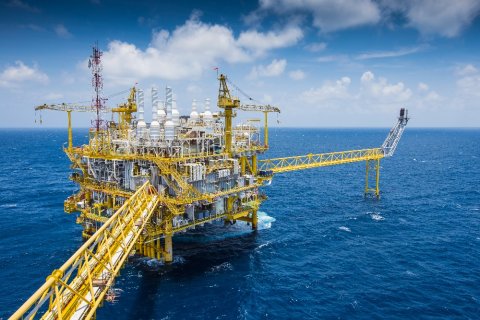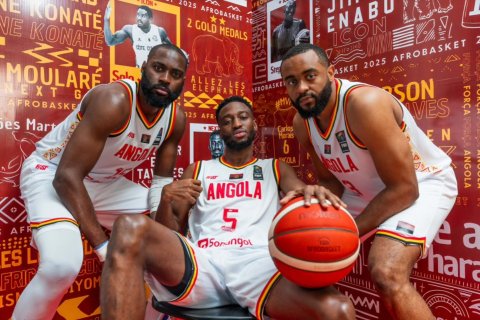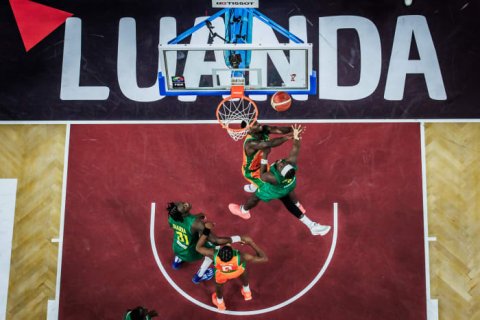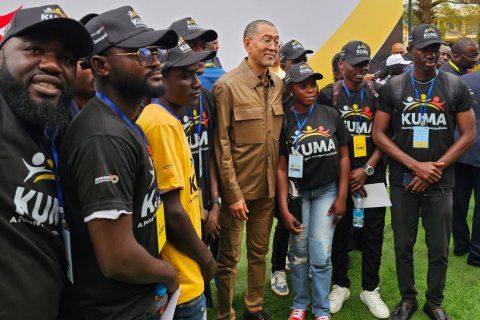Angola hosts the CCP meeting as the country that currently holds the presidency of the International Conference of the Great Lakes Region (CIRGL).
Participating in the meeting are the heads of diplomacy from DRCongo and Rwanda, Christophe Lutundula Apala Pen'Apala and Vicent Biruta, respectively.
This meeting follows the tripartite summit, hosted by the President, João Lourenço, and which on 7 July brought together the DRCongo and Rwandan counterparts, Félix Tshisekedi and Paul Kagame, respectively, within the framework of the mandate given to the Angolan leader at the last summit of African Union Heads of State and Government, held in Malabo on 28 May.
"It is important to mention that the holding of this meeting is part of the implementation of the Roadmap adopted at the aforementioned Tripartite Summit, in which the wisdom and wisdom of the Heads of State guided as one of the main objectives the restoration of objective conditions, aiming at the normalization of the relations between the two countries", reads the statement released this Wednesday by the Ministry of Foreign Affairs.
The creation of the CCP is "a mechanism of singular importance in the context of dealing with all the issues inherent to the strengthening of bilateral cooperation in the most varied domains, which testifies to the particular attention and determination that DRCongo and Rwanda have agreed in this matter", the communiqué continues.
The ministerial note concludes by mentioning that the head of diplomacy, Téte António, invited his two counterparts to visit the Luanda International Fair, an event that is taking place in the capital and characterized in the communiqué as "a stage for promoting national production, business and employment promotion".
Tension between Rwanda and DRCongo has grown exponentially in recent months, following the resumption in March of fighting between the army and the March 23 rebel movement (M23), which according to Kinshasa is supported by the neighboring country, an accusation denied by Kigali.
Both countries requested the intervention of the Enhanced Joint Verification Mechanism (EJVM), established by the International Conference of the Great Lakes Region (CIRGL) to investigate security incidents in its 12 member states.
The M23 was created on 4 April 2012, when DR Congo soldiers revolted at the loss of power of their leader, Bosco Ntaganda, accused by the International Criminal Court (ICC) of war crimes for alleged violations of the peace agreement of 23 March 2009, the date that gave the movement its name.
In 2012, the M23 occupied Goma, capital of the Congolese northeast province of North Kivu, for two weeks, but international pressure forced the rebel movement to withdraw and start peace talks with the DR Congo government in Kinshasa.
For more than two decades, eastern DRCongo has seen conflicts fueled by rebel militias and attacks by the Congolese army, despite the presence of the UN peacekeeping mission (Monusco), which has more than 14,000 troops in the country.

